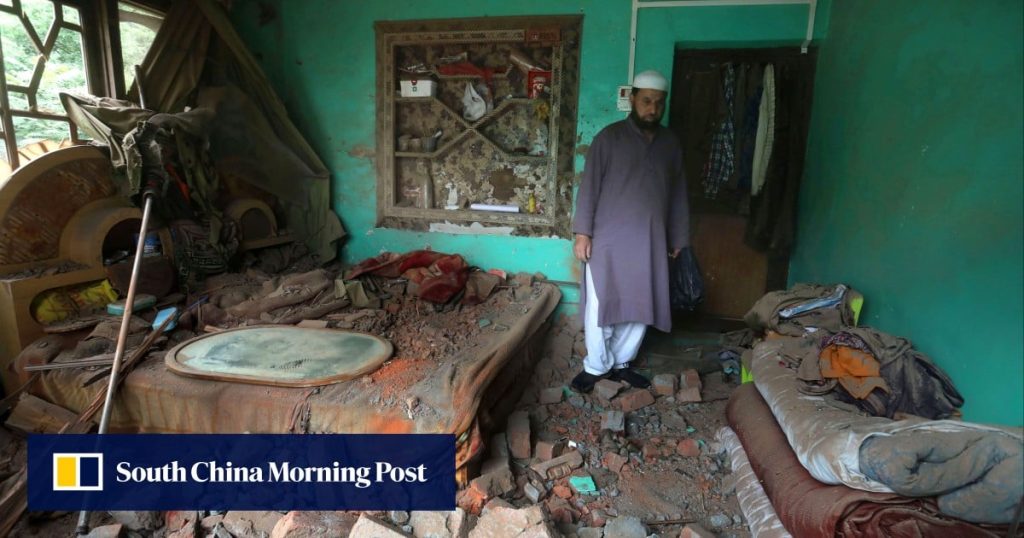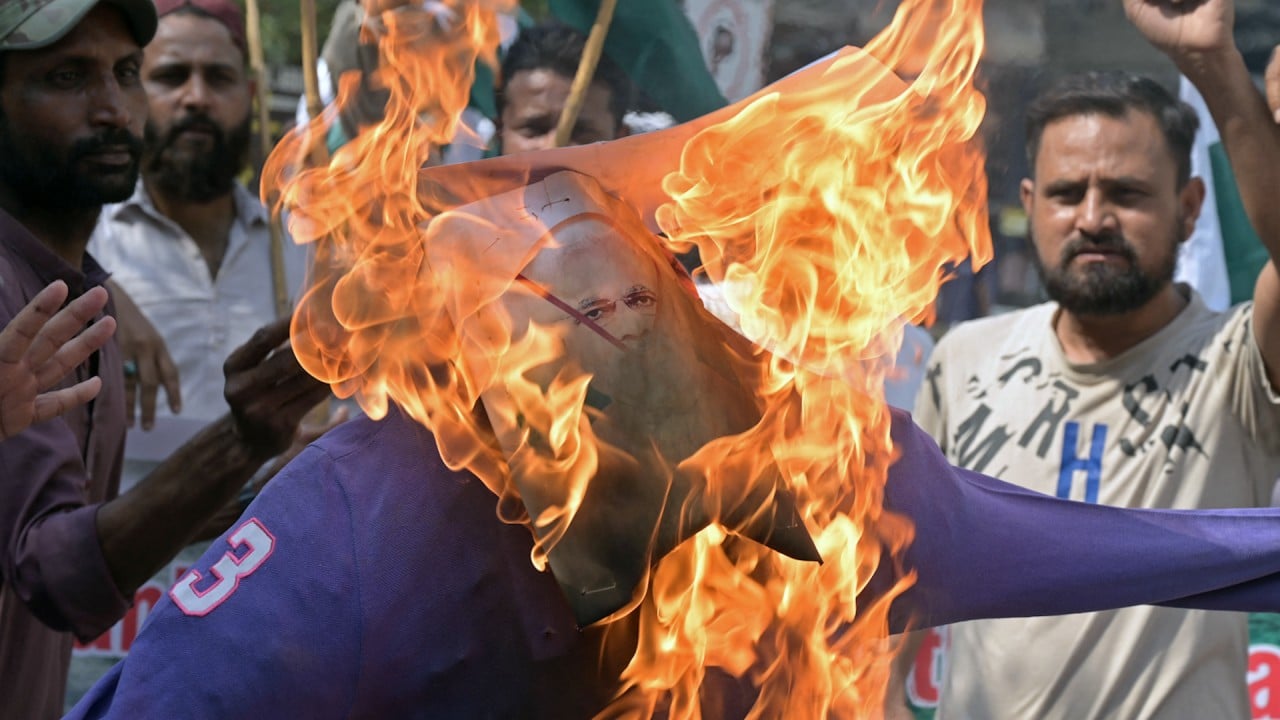Two high-profile visits by Middle East leaders, Iranian Foreign Minister Abbas Araghchi and Saudi Arabia’s junior Foreign Minister Adel al-Jubeir, to New Delhi this week have highlighted global concerns about the deepening India-Pakistan conflict.
The surge in hostilities between the nuclear-armed neighbours came in the wake of the April 22 attack in Pahalgam, Indian-administered Kashmir, in which 26 people were killed.
India launched air strikes in Pakistan and Pakistan-administered Kashmir on Tuesday, while Islamabad claimed to have shot down five Indian jets in response.
The fighting has shown no signs of abating, with Indian and Pakistani soldiers overnight exchanging heavy gunfire and shelling along their frontier in Kashmir.
Kashmir – a Muslim-majority region claimed in full but controlled in part by both India and Pakistan – has been the site of a bloody conflict since an anti-Indian insurgency erupted in 1989. Tens of thousands of people have died, though violence has tapered off in recent years.
India’s army said Pakistan’s armed forces carried out “multiple attacks” using drones and other munitions across the entire western border on Thursday night and early on Friday, a claim Islamabad denied.



